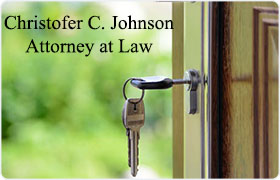Port Penn Land Use & Zoning Lawyer, Delaware
Sponsored Law Firm
-
 x
x

Click For More Info:
-
Christofer C. Johnson, Esq.
1007 N Orange St 4th Floor Wilmington, DE 19801» view mapReal Estate, Foreclosure, Landlord-Tenant Get The Support You Need For Your Case
Christofer C. Johnson, Esq. has a track record of successful case outcomes and provides legal counsel for a reasonable price.
800-941-4370
Vincent Charles Thomas
Tax, Commercial Real Estate, Land Use & Zoning, Estate
Status: In Good Standing Licensed: 19 Years
Alice Hoffman
Real Estate, Health Care, Energy, Land Use & Zoning
Status: In Good Standing Licensed: 26 Years
Brian T. Murray
Land Use & Zoning, Real Estate, Business Organization, Banking & Finance
Status: In Good Standing Licensed: 38 Years
Roger L Truemper
Commercial Real Estate, Residential Real Estate, Litigation, Land Use & Zoning
Status: In Good Standing
 Christofer Johnson Wilmington, DE
Christofer Johnson Wilmington, DE AboutChristofer C. Johnson, Esq.
AboutChristofer C. Johnson, Esq. Practice AreasExpertise
Practice AreasExpertise
